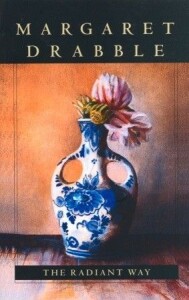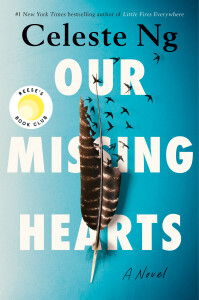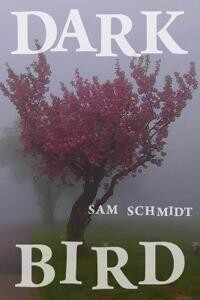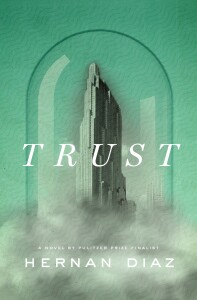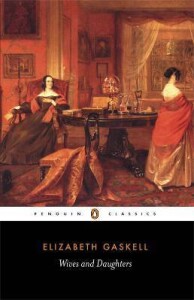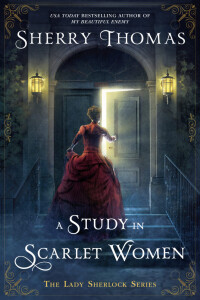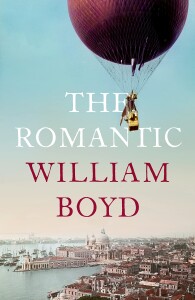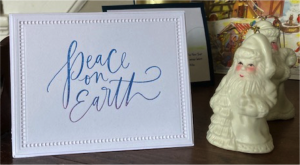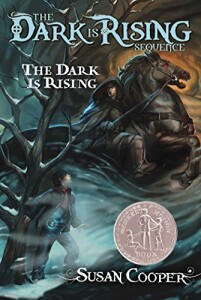As a writer, I learn something from every book I read. In no particular order, these are the ten best books I read in 2023. Please check the links to the blog archive for a fuller discussion of those I’ve reviewed.
1. Small Things Like These, by Claire Keegan
This short novel at first seems, as the title indicates, quiet and unassuming. Set in an Irish town in 1985, it follows Bill Furlow who has earned a modest but sufficient position in life as a purveyor of wood and coal. Set apart from the town is an orphanage and laundry run by the Magdalen order of nuns. There are many things in today’s world—and in the past as well—that make me despair of humanity. Then comes a book like this that reminds me of the courage and goodness that can be found.
2. Purgatory Road, by Charles Coe
Coe’s superpower in these poems is his generous heart. Small things that strike his attention, such as a truck that won’t start in a grocery store parking lot or a woman talking to herself on a traffic island, lead us to understand what it is like to inhabit someone else’s life. Channeling Forster’s call to “only connect,” Coe’s poems from 2020’s lockdown trace what we’ve lost and our attempts to communicate across the void.
3. The Years, by Annie Ernaux
Ernaux’s genre-bending experiment adds a new dimension to the field of life writing. She goes beyond memoir—a subjective view of events in the author’s personal life—and autofiction—a reexamination and fictionalisation of those events—to create a new form that melds both of these with sociology and history. She has captured the sweep of the lifetime simultaneously with that of a person and a generation.
4. Horse, by Geraldine Brooks
This novel succeeds on so many levels. Brooks weaves together multiple storylines, with different narrators and time periods, ensuring that the story reveals itself smoothly. Yes, this is a story about a horse, beautifully written, with leisurely scenes full of luscious period details. It is also the story of the United States, from the antebellum world to the present. Inevitably it is about what Wendell Berry called the U.S.’s hidden wound. It is the story of us, what we strive for, and the price involved. There’s much to think about here.
5. Wild Girls, by Shirley J. Brewer
There were no maps for those of us who came of age at the beginning of the Second Wave of the Women’s Movement. Or rather, we threw them away and created our own path, our own definition of what it could mean to be a woman. My friend Shirley (full disclosure) discarded her Catholic schoolgirl veil and took on the world in sequins and a feather boa. Breezy and brave, with a heart as big as the Chesapeake, she sends us these letters from her world. A chameleon, she revels in the brightest colors and slips into one woman’s heart after another. She pulls off her magic through humor and compassion and turns that surprise us. She awakens the wild, original, and authentic selves that we know ourselves to be.
6. A Charmed Circle, by Anna Kavan
I’ve long been a fan of Kavan’s work. This, her first novel, is the story of an English family whose life has become so enclosed as to become toxic. A modern town, loud with trams and lorries and motorcycles, has grown up around their walled home, an old vicarage. What is a refuge for the parents has become a prison for the three children, who are now young adults. It’s hard not to care about these characters as they try to assert the freedom to be themselves.
7. Disappearing Earth, by Julia Phillips
In the intense first chapter of this book, sisters Alyona and Sophia, ages 11 and 8, playing alone on a public beach in Petropavlovsk-Kamchatsky, a city on Russia’s Kamchatka peninsula, encounter a stranger and accept a ride home with him. This is not your typical mystery that describes the investigation into the girls’ disappearance. Instead, it is a set of interlocking short stories about various girls and women in the city and surrounding communities, and how they are affected by the girls’ disappearance. We also learn much about the pressures on indigenous and Caucasian women in this distant corner of Putin’s Russia.
8. Sisters of Night and Fog, by Erika Robuck
This absorbing historical novel follows two real women, Violette Szabo and Virginia d’Albert-Lake, who became French Resistance fighters during World War II. Why read yet another book about World War II? One: because this is a story of real people based on Roebuck’s extensive research. Two: because many people don’t realise the role that women played in the war effort, particularly in the Resistance. Three: because it is important to remember the actual horrors of Hitler’s fascist state and the weakness of those who supported and contributed to it.
9. Paradise, by Abdulrazak Gurnah
In this second novel from Gurnah, who was born in Zanzibar—now part of Tanzania—and won the Nobel Prize, we find that important perspective so missing in Western literature. Yusuf, a rural Muslim boy who leaves his home at twelve is given away in payment for his father’s debts. Paradise is set just before the World War I and provides an unforgettable portrait of precolonial East African society.
10. The Bay of Angels, by Anita Brookner
When Zoë is sixteen, her widowed mother unexpectedly marries again and moves to Nice. Zoë decides to stay in their old London flat and enjoy her new-found freedom from her drab life alone with her mother. As with all of Brookner’s work, this is an iceberg of a novel: brief and quiet on the surface, with a huge mass of emotions and ideas and insights hidden below. Narrated by Zoë, the story is built on scenes that bring to life both the quiet London dusk and the blazing sun of Nice. With her usual penetrating psychological insights, Brookner provides fascinating portraits of Zoë and the people with whom she interacts.
What were the best books you read in 2023?
